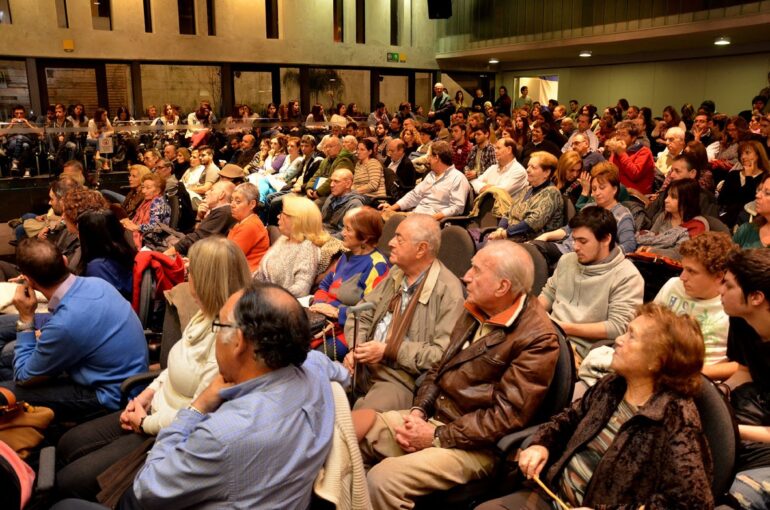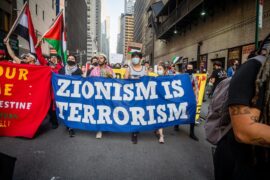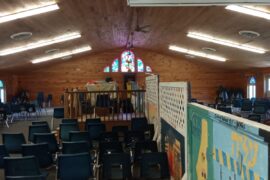It was recently made public that in elections to the upcoming World Zionist Congress (WZC), the Area Election Committee (AEC) of the American Zionist Movement (AZM) had voted to end the previously applied discounted registration fee for students and other young voters between the ages of 18 and 30.
Perhaps this decision to make everyone pay the same $7.50 to vote didn’t stem from a deliberate attempt to exclude students from voting for the upcoming 2020 congress, but this decision was not made in a vacuum. Examining other organizational aspects of the World Zionist Congress reveals less overt examples of the exclusion of young adults.
One of these examples lies in the actual timing of the congress itself. Mid-October 2020 will be for most college students in the United States the most stressful time of the fall semester. It’s the time when we take our midterm – or, in some cases, our final – exams.
Most of us cannot afford to take time off from a normal week of school no matter the reason. Missing an entire week of school to fly to Israel, an unexcused absence, is simply not feasible for most.
Jewish students across the US already struggle with the issue of excused absences when it comes to Jewish holidays (Maya Rosenberg at the University of Maryland describes this issue in an article here). In many instances, I have sat in frustration as student-athletes are allowed to miss classes for games yet my grades suffer if I choose to spend Rosh HaShana, Yom Kippur, or Sukkot with my family.
Where many of us are already battling our school’s administration for the ability to observe our traditions without compromising our grades, those of us who try to impact the Jewish world around us are forced to choose again between our values and our academic success.
When the World Zionist Organization (WZO) chooses to schedule its congress for October, it is simply closing itself off from many otherwise engaged Jewish students.
It is obvious that the congress is almost exclusively comprised of representatives of an older generation out of touch with the unique experiences and challenges of Jewish students committed to Israel. But we couldn’t know for sure because the WZO produces no demographic breakdown or information about the delegates that attend the congress.
These metrics may seem arbitrary, but an accessible breakdown of at minimum the median age of WZC representatives would reveal the true colors of Jewish national institutions that show absolutely no interest in backing up empty promises and false hopes of inclusion and accessibility for students.
From perusing the WZO website, the only reference I could find was a list of Young Adult Movements under their Partners tab and one mention of a student party under International Jewish Organizations.
The 22nd Article of the WZO constitution allows every Jew over the age of 18 and affiliated to the WZO voting rights and Article 23 of the WZO constitution amended in 2011 mandates that “in each list of candidates to the congress there will be, amongst each 4 candidates, at least one candidate from the young generation,” the young generation later defined as between the ages of 18 and 35 (Articles 22 and 23, pg 16,17).
But when it comes to representation at the congress itself, the one practical incentive towards the younger generation, the voting discount, has been repealed.
On behalf of the VISION party, which fights to empower my generation, and for young adult candidates on all slates competing for seats at the World Zionist Congress, I am requesting that the WZO and AZM change their policies and practices so my generation can have a real voice at the upcoming 2020 congress.





